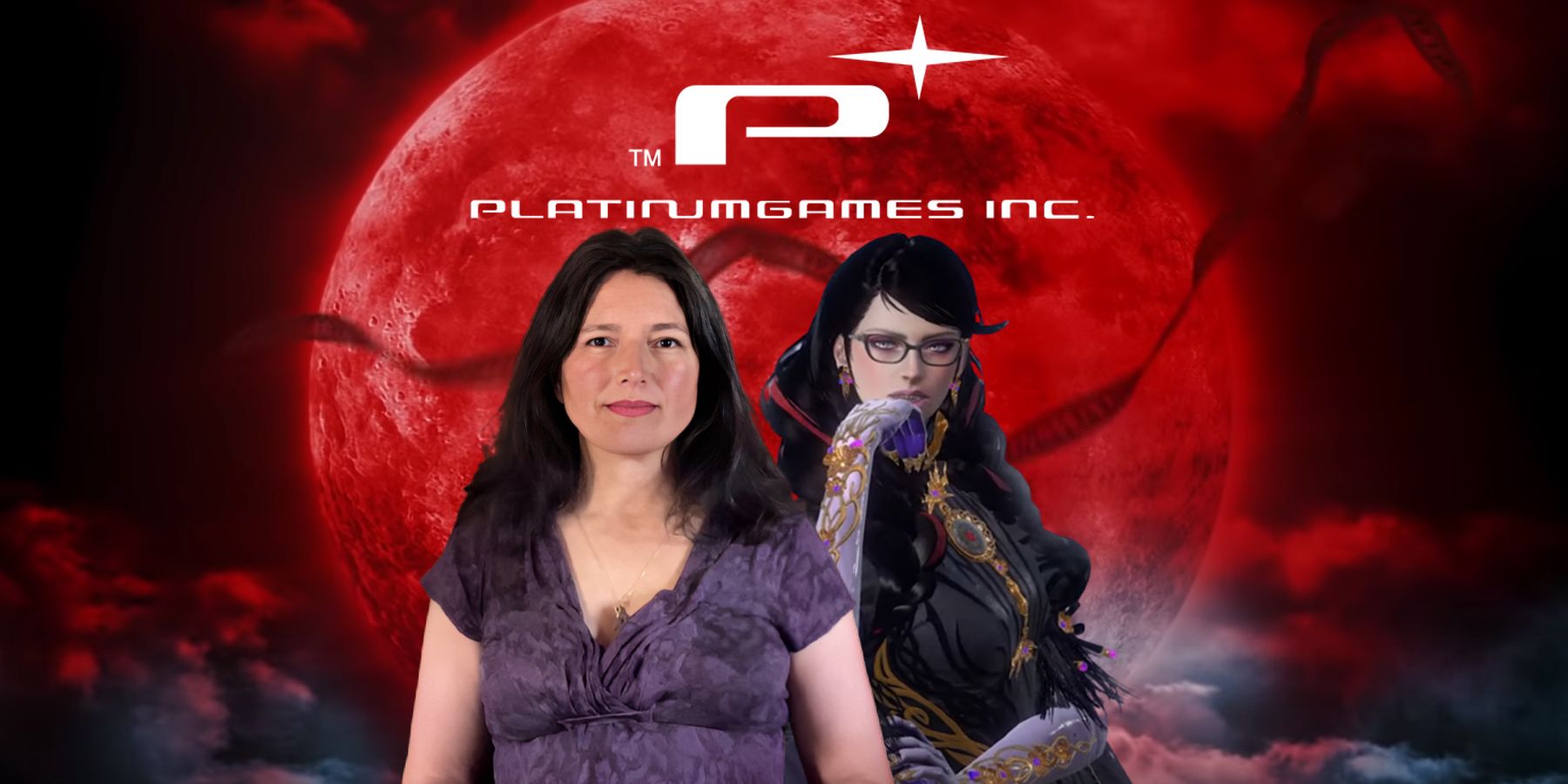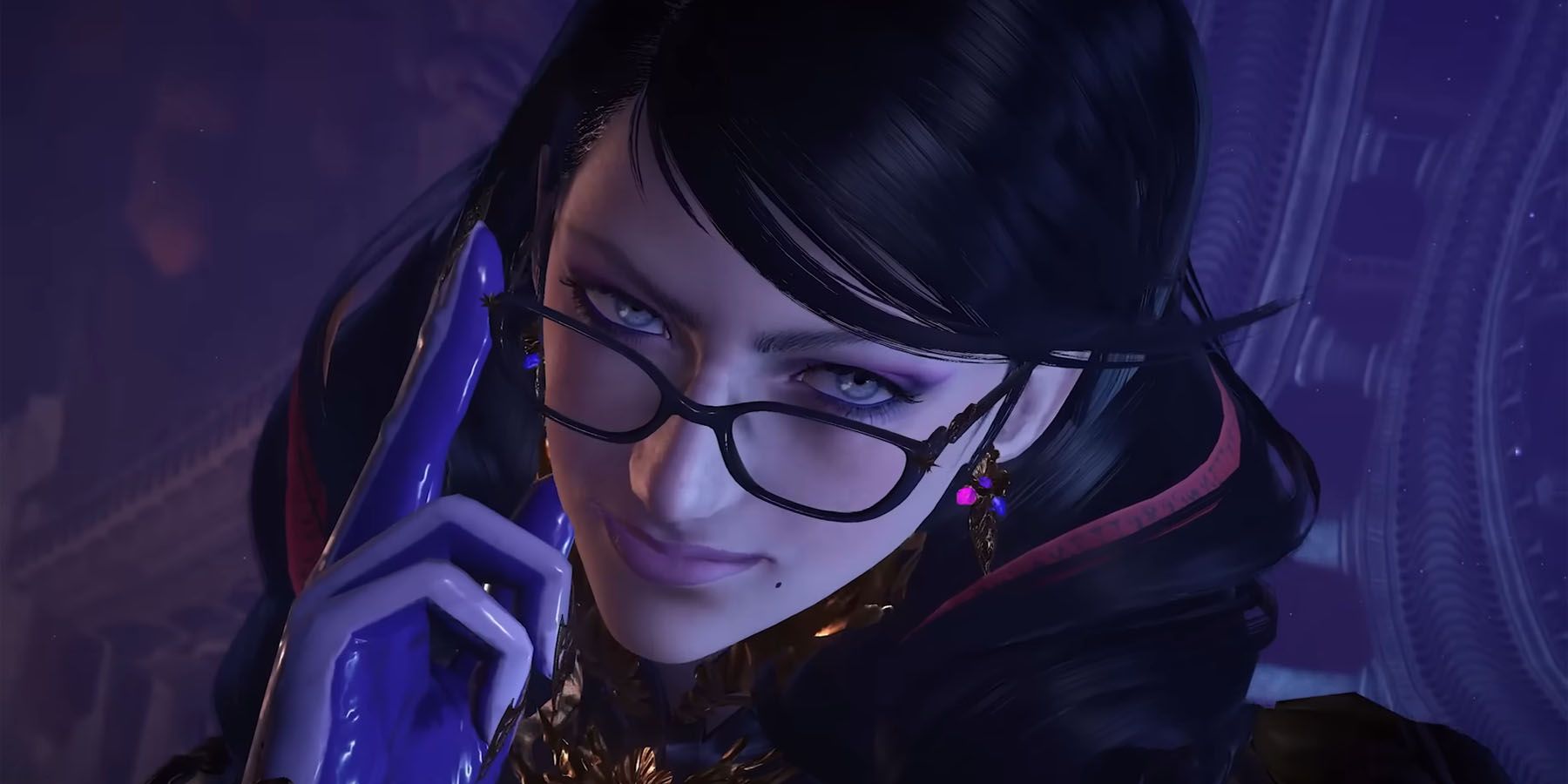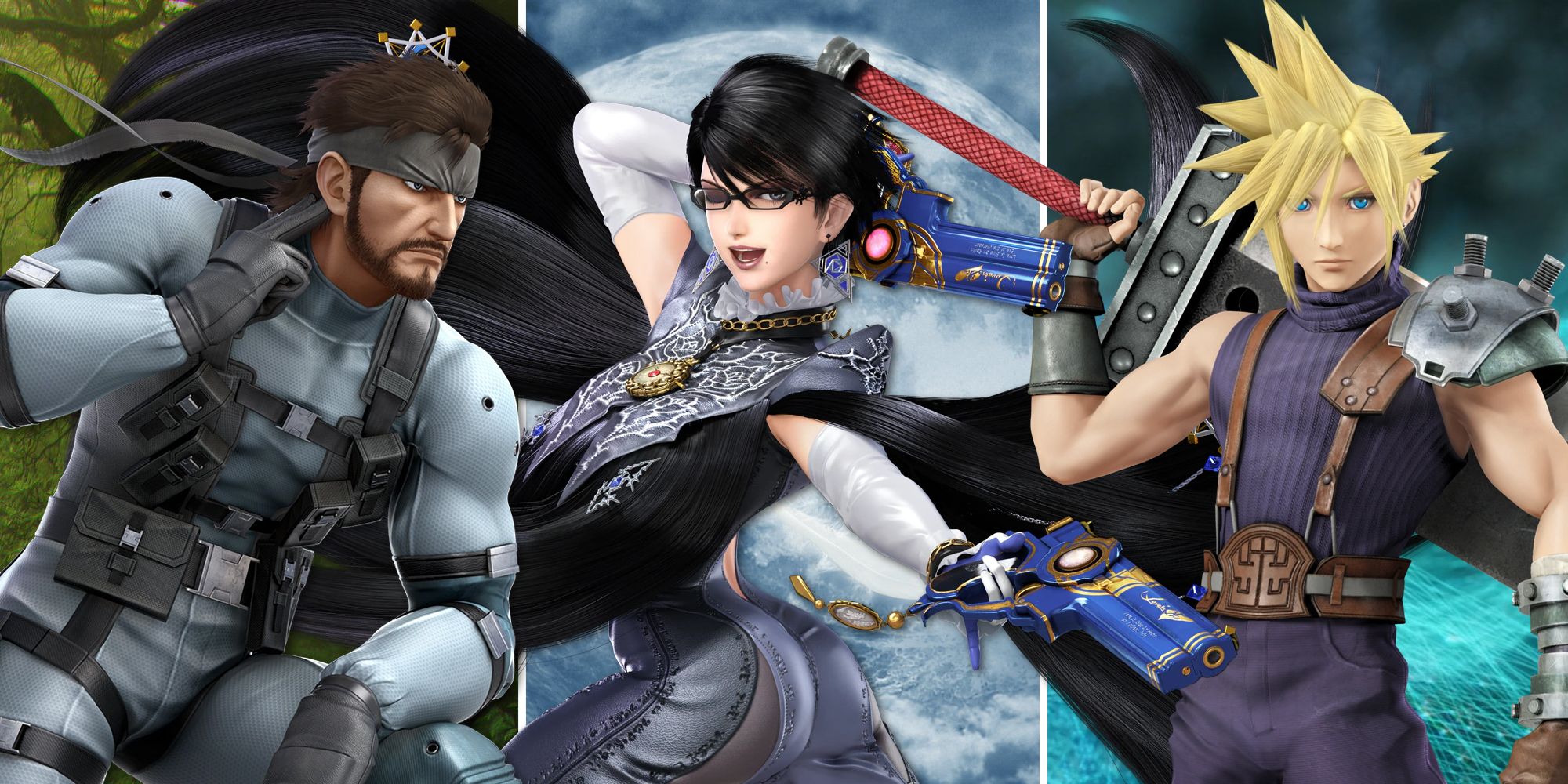[UPDATE: Since publishing, new details have arisen regarding the pay dispute between Hellena Taylor and Platinum Games. More details are available HERE. Original story follows.]
Fans were surprised Hellena Taylor wouldn't be reprising her titular role in Bayonetta 3, but she recently caused a bigger uproar with allegations about Platinum Games offering a low payment for her services. Taylor made several posts on social media calling for a boycott of Bayonetta 3 after explaining what she experienced. This was followed by other messages, some directly to series creator Hideki Kamiya, Nintendo, and other gaming industry executives.
Kamiya likewise took to social media to claim Taylor is misrepresenting the situation, and Kamiya's Twitter account has since been restricted, perhaps due to him mass-blocking users who were defending Taylor and directing criticism toward him. Until an official statement is published by Platinum Games or until Kamiya returns to social media, fans only have Taylor's version of events to work from, though her experiences appear to reflect a larger issue with mistreatment of voice actors in the gaming industry.
Hellena Taylor's Allegations Around Bayonetta 3
The core detail that fans have been focusing on is Taylor's allegation that she was only offered $4,000 to reprise her role as Bayonetta; a low-ball figure that Taylor rejects by outlining her credentials, contributions to the series, and profits that the Bayonetta series has made. In the context of Taylor being made to re-audition for the role of Bayonetta, many have suggested this is an example of how eastern companies behave when attempting to "fire" someone by creating an unfavorable situation they want to leave.
This has caused many fans to jump on social media and announce their support, in spite of their prior anticipation of Bayonetta 3. It doesn't reflect well on Platinum Games, as prior to Taylor's allegations fans had already made peace with the fact she wouldn't be returning to the role by assuming it was part of Kamiya's plan. Her replacement has even been seen as an indication of Bayonetta 3's exploration of the multiverse, but with new revelations it seems the change was instead a consequence of behind-the-scenes business affairs.
Hellena Taylor Reopens Discussion on Video Game Voice Actors
Taylor's alleged treatment by Platinum Games seems indicative of attitudes found all across the gaming industry. The prevailing hope among fans is to not only support Taylor, but to also use this incident to spark a more significant change.
Focusing specifically on Taylor's departure from Bayonetta, the voice actor points out that she only wanted a fair, livable wage. For a series that has made millions, and projected to profit even more following Bayonetta 3, Taylor's role is largely seen to be worth more than $4,000. Broadly speaking, lesser-known actors are typically paid per-word, resulting in undervalued work and voice actors who are easily replaced by developers.
The practice of making a returning actor audition again is uncommon and usually signifies that the developer is looking to replace the role or shop around for alternatives. Discouraging actors with needless auditions should be replaced with more transparency and honesty. If Platinum Games was set on recasting Bayonetta, it should have just bit the bullet, rather than potentially insulting Taylor as a professional with more underhanded systems.
Problematic Trends Around Game Voice Actors
Bayonetta is just one among several characters who were recast, but while some instances were due to localization actors taking over the role or official actors stepping away, there are other recurring themes that should be addressed. For example, poor payment is also why Clancy Brown stopped voicing Neo Cortex in Crash Bandicoot.
Another common occurrence is replacing voice actors with more prominent, high-profile figures, or in some cases casting celebrities. Examples of this include Troy Baker taking over Silent Hill's James Sunderland, or Metal Gear Solid replacing David Hayter with Kiefer Sutherland. Though developers will often say these decisions are necessary for the game's innovation, it's difficult for fans not to interpret them as cashing in on name recognition. In Hayter's case, he had been in an ongoing struggle with Kojima to be replaced, repeatedly re-auditioning for the role and almost losing to Kurt Russell.
This preference for celebrities over voice actors isn't exclusive to recasting existing roles, as a recent spate of games are being led by already successful, prominent actors. Though celebrities' likenesses in games were once just cameos, recent titles like Cyberpunk 2077 with Keanu Reeves or Star Wars Jedi's Cameron Monaghan demonstrate a growing use of celebrities via motion capture to work with both name recognition and acting skill. Ultimately, this could freeze out lesser-known actors, resulting in a gaming industry that just mirrors Hollywood.
In Bayonetta's case, she was recast with voice actor Jennifer Hale, who appears to be liking social media posts that lead many to assume her silence is due to an NDA. At this stage, it seems unlikely that Taylor will ever return to Bayonetta now that the bridge has been burned, but hopefully her loss will continue to drive conversation around fairness in opportunity, pay, and appreciation for voice actors in the games industry.
Bayonetta 3 is set to release on October 28 for Nintendo Switch.




